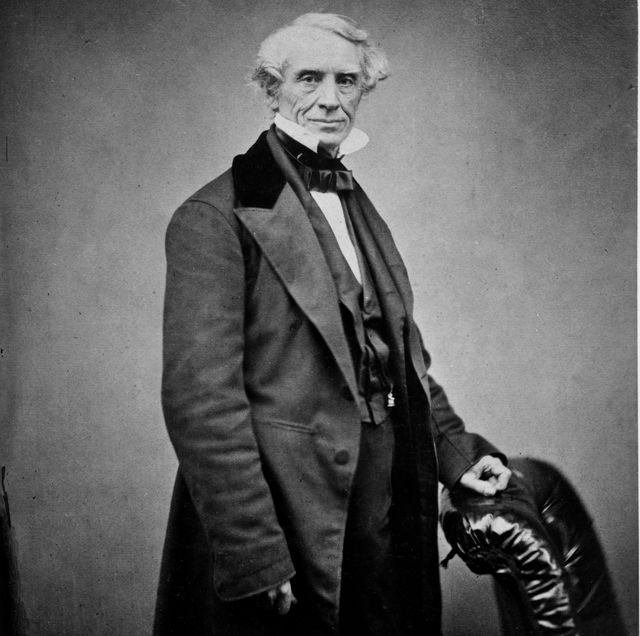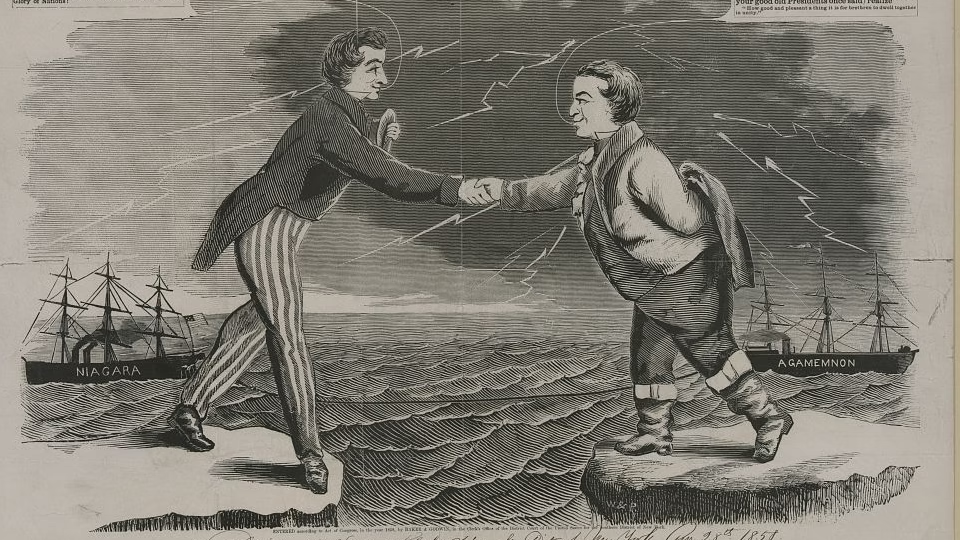Sparking the Information Age: The Invention of the Telegraph and Its Global Impact
The printing press was the first big communication-oriented innovation until the creation of the telegraph was developed. While printing with the printing press continued to offer the opportunity for mass messaging for years even after the creation of the telegraph, the telegraph offered stronger, greater, and more vast opportunities, especially for enabling instant communication over vast distances for the first time in history. In the early days of the Industrial Revolution, there was a growing desire for more faster and reliable communication sources for businesses between government offices, especially due to mostly being located far distances apart.
Samuel Finley Breese (F.B) Morse is the name behind the collaboration to the inventing of the single-wire telegraph system between 1832-1835. His reason for inventing the telegraph was after overhearing a conversation about electromagnetism when he was traveling to the United States from Europe on a ship, that inspired his idea for this creation. He had no training in knowledge of electricity, however he did realize and understand that pulses of electrical current could convey information over wires. The telegraph was first developed and begun working on in the year of 1832. Morse developed and finalized the patent for this first electrical recording telegraph in the year of 1837.
During this time of innovational importance and growth for Mr. Samuel F.B. Morse, he decided there was a need for a simpler use to this telegraph, to potentially make communication even easier than this. Morse collaborated with his dear friend, Alfred Vail, and invented the Morse Code (1838). This is a system for representing alphabetical letters, punctuation, and numerals, within the arrangement of dashes, dots and spaces. This was looked at as a way of sending and receiving text messages using short and long beeps. Using this code allowed for transmission of detailed messages across telegraph lines (within those further distances).
Not only was it beneficial for businesses and during the era of Industry, but it also had vast impacts on the results and accessed advantages in the Civil War (1861-1865). Besides being know for its rapid release of information, telegraphs worked to allow newspapers and government officials to act on occurrences much faster during the war, and even the enabled railroads to allow front lines to be filled with forces of troops and necessary supplies, at a quicker, more efficient rate.
Furthermore, with the ability to access telegrams during the war, military campaigns and fought battles were more efficient at a stronger advantage. According to the History Channel the telegraph allowed generals, even the President to have more reliable ways of contact with the war and being able to issue commands and direction of forces more precisely.
Though the telegraph can be recognized for achieving many unthought of possibilities and shares extreme growth in the history of communication, there are some disadvantages found within this form of communication technology. For starters, messages could easily be misunderstood. Simply miscommunication. This happens in all forms of communication even today. Thought the telegraph was a killer piece of technology for this time and benefited so much growth with the American culture, mistakes could be made and communication could be misunderstood. Another notable disadvantage of the telegraph was the overall complexity of the Morse Code. Morse Code was an amazing use of language to potentially help make the transmission of messages clearer through the use of the telegraph, however the code itself was tricky to understand and even harder to interpret, so that made many people tend to avoid it. Especially, with both these disadvantages at stake it would be better to receive no message than a misunderstood, falsely interpreted message- especially if it were in a situation political or financially-based.
Despite the telegraphs disadvantages that impacted our history and newest forms of communication in society today, the telegraph represents overall positive change in growth of communication to this day. The telegraph transformed how wars were fought, how money was sent, how media impacted business, and so much more. Rather than sending news by pigeon, or horse and taking weeks for it to get there, or by not communicating throughout lines to access shipped goods and supplies through railroads, communication would not be where it is today without the innovation of the telegraph.





No comments:
Post a Comment